Facebook’s newest attempt to infiltrate your daily smartphone use comes in the form of Hello, an app that displays your Facebook contacts’ information on your device’s screen when they call you.
Facebook is pitching the Android-only app as a way to make boring old phone calls a little bit smarter. Hello will tell you, for example, if it’s the caller’s birthday or if he or she is a business contact, as well as display the caller’s Facebook profile image. Those features work even if you don’t have the caller’s number saved in your phone, so long as the caller’s Facebook settings allow people to find their profile via their phone number.
Hello can also help filter out spam calls via an option that automatically blocks numbers frequently blocked by other users, as well as find phone numbers for businesses.
Hello seems simple enough on the surface—it’s a caller ID app at heart—but it also betrays Facebook’s larger mobile strategy: taking over smartphones’ core functions one step at a time. Hello’s introduction comes just weeks after Facebook took steps to turn its Messenger chat software into a full-fledged messaging platform; the company would clearly prefer users chat on Messenger rather than with SMS texting or Apple’s iMessage. Perhaps the earliest incarnation of this strategy, however, was Facebook Home, the company’s now-flatlined effort to more closely tie the social network into the Android operating system.
The idea makes sense: Offering people better apps and services should help Facebook boost user numbers and brand affinity. But if this is indeed Facebook’s plan, it has plenty of rivals. While Apple iPhones come pre-loaded with calendar, mapping and mail apps, many users find they prefer Google’s alternatives. Microsoft has lately been following the same course, recently acquiring popular cross-platform email and calendar apps in a notable break from the company’s former focus on Windows Phone; the former of the two has since been rebranded as Microsoft Outlook for mobile.
Still, the strategy has its pitfalls, as many users choose not to replace or augment their smartphones’ default software with third-party options. For Facebook, Google or Microsoft to be successful here, it has to offer pretty compelling reasons for users to download their apps. While Hello looks useful, it probably won’t see the download rates of Facebook’s primary app. But then again, that’s probably fine for Facebook, which isn’t exactly relying on Hello to be the company’s Next Big Thing—it’s better understood as Facebook’s latest experiment to see how it can get a little bit more involved in your everyday mobile experience.
This Is What Your Facebook Profile Looked Like Over the Last 11 Years
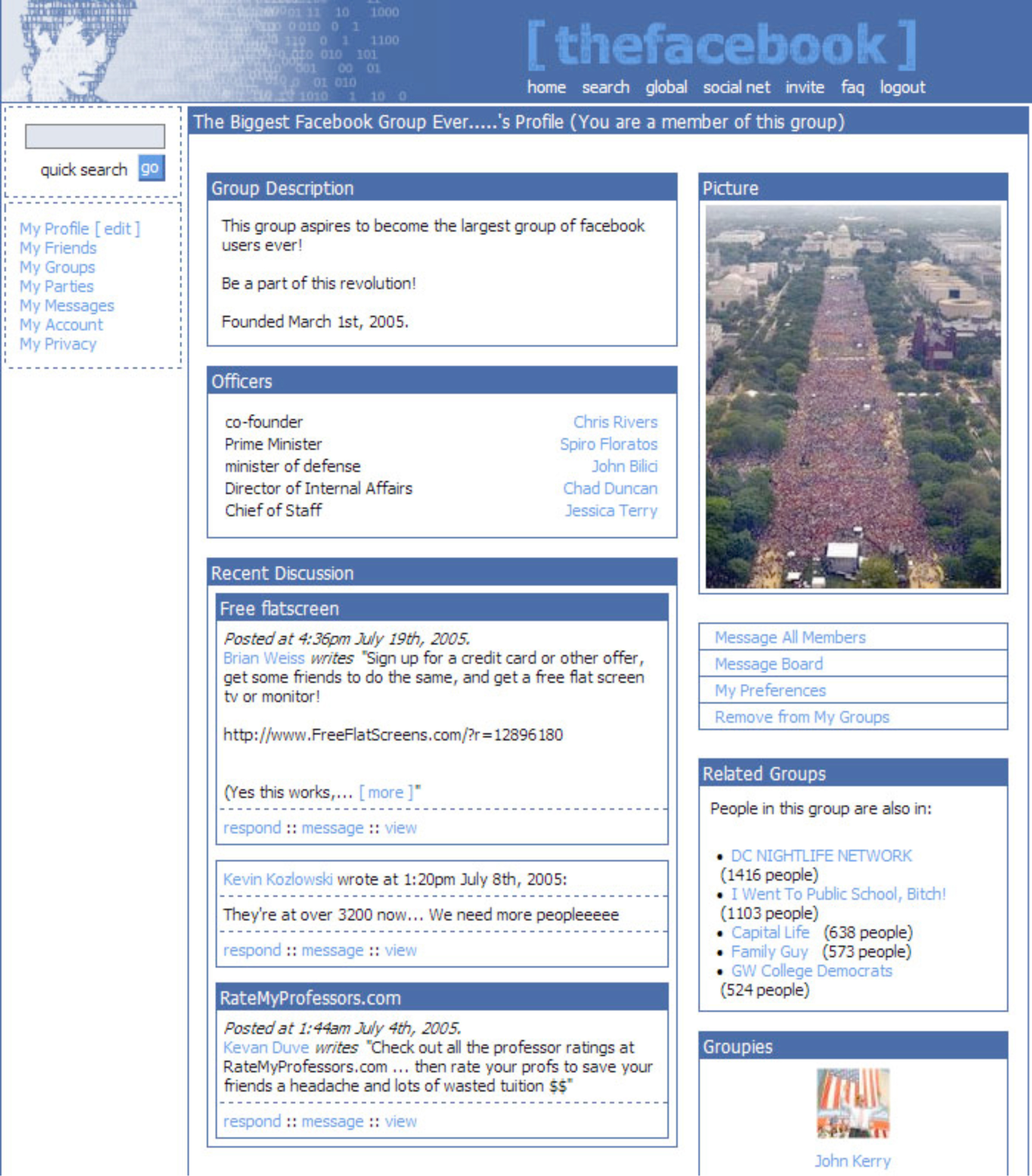
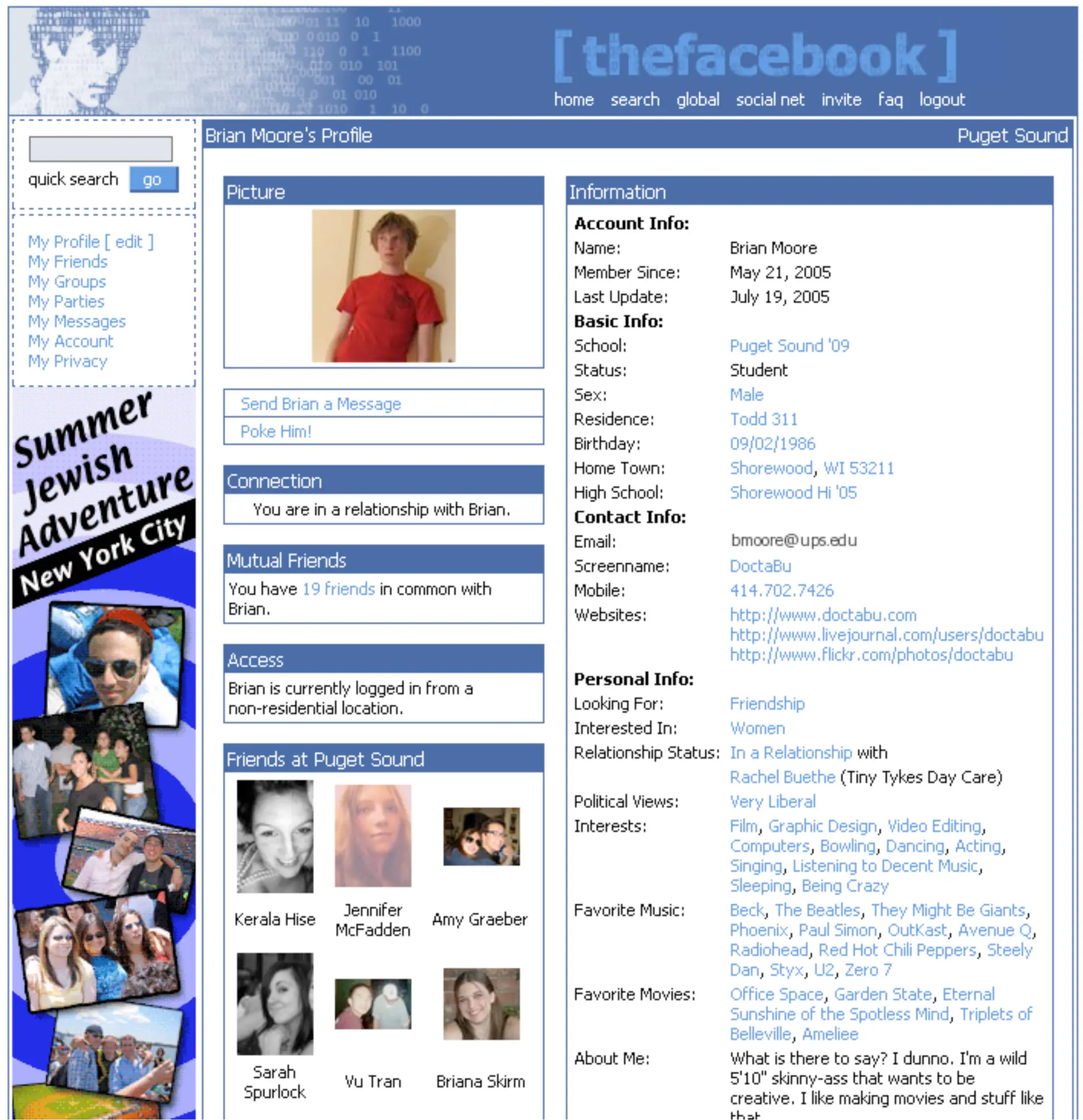
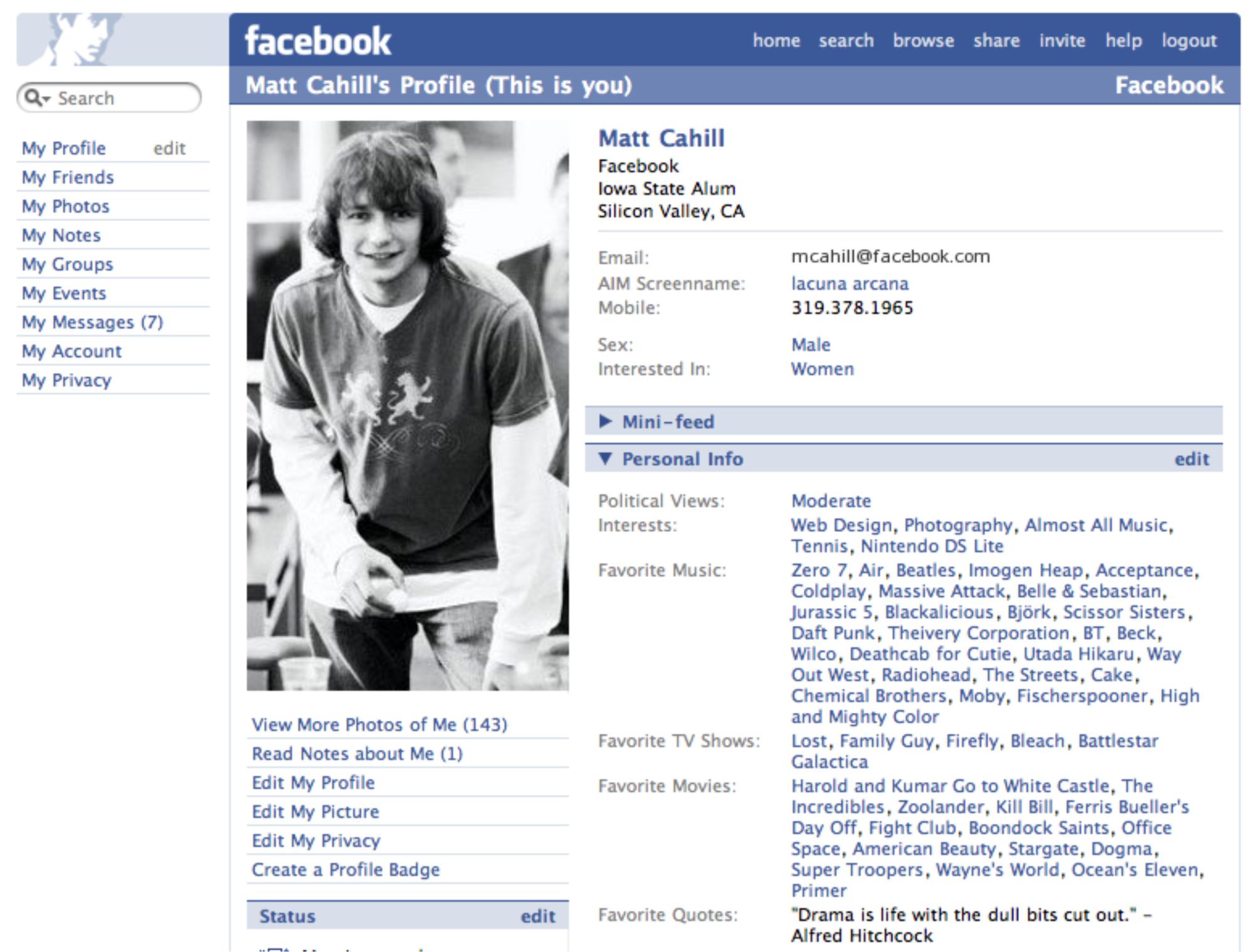
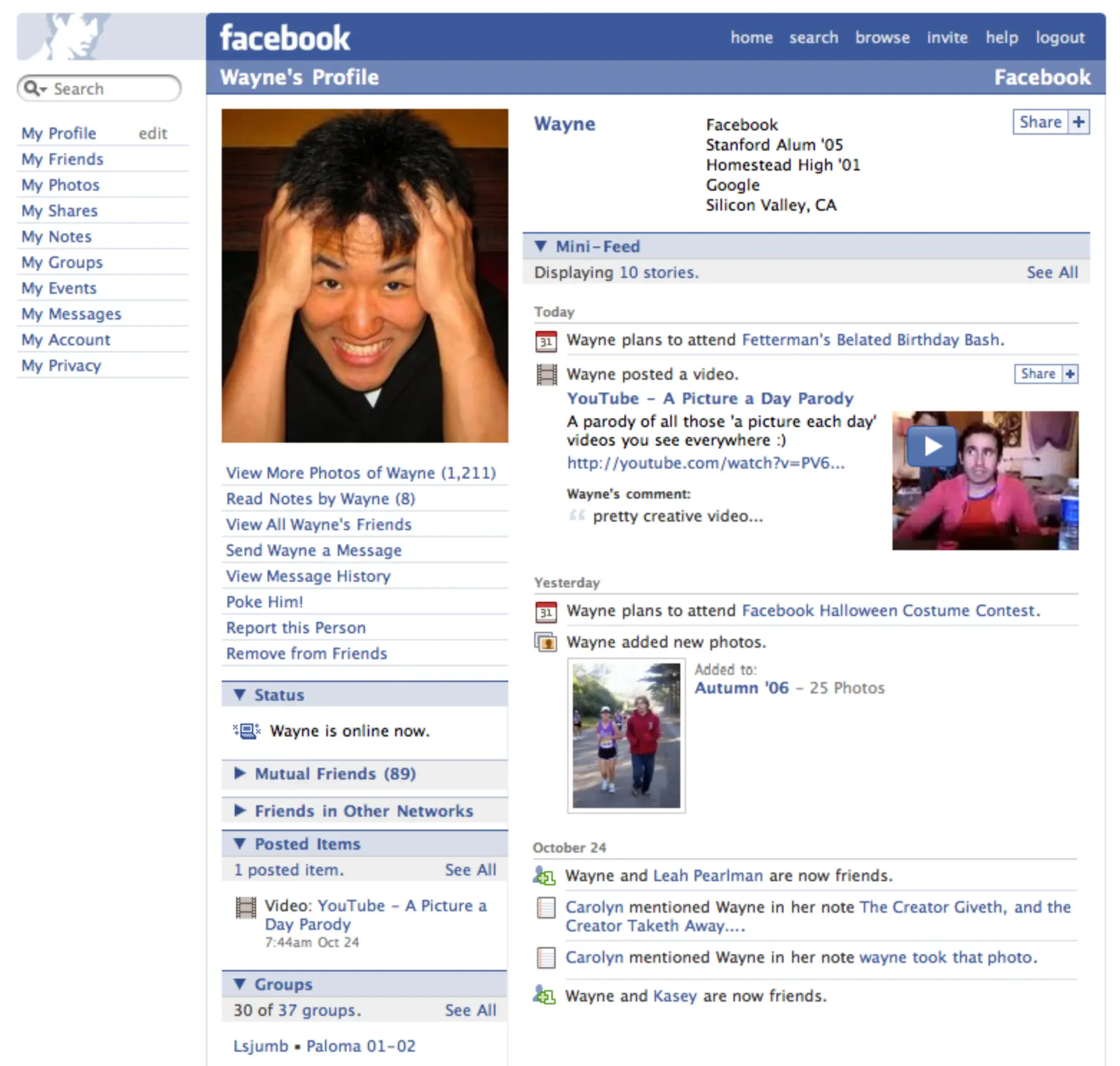
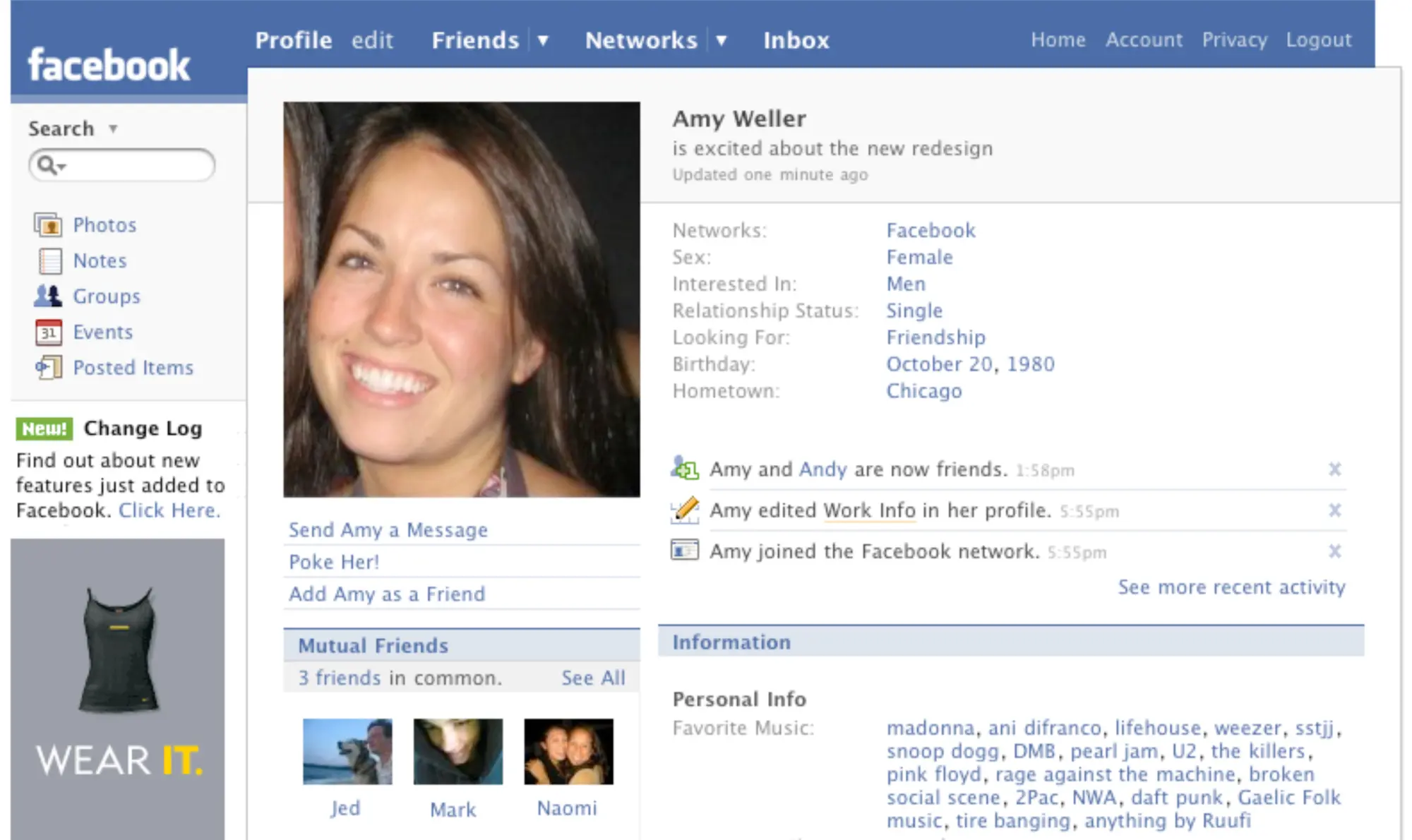
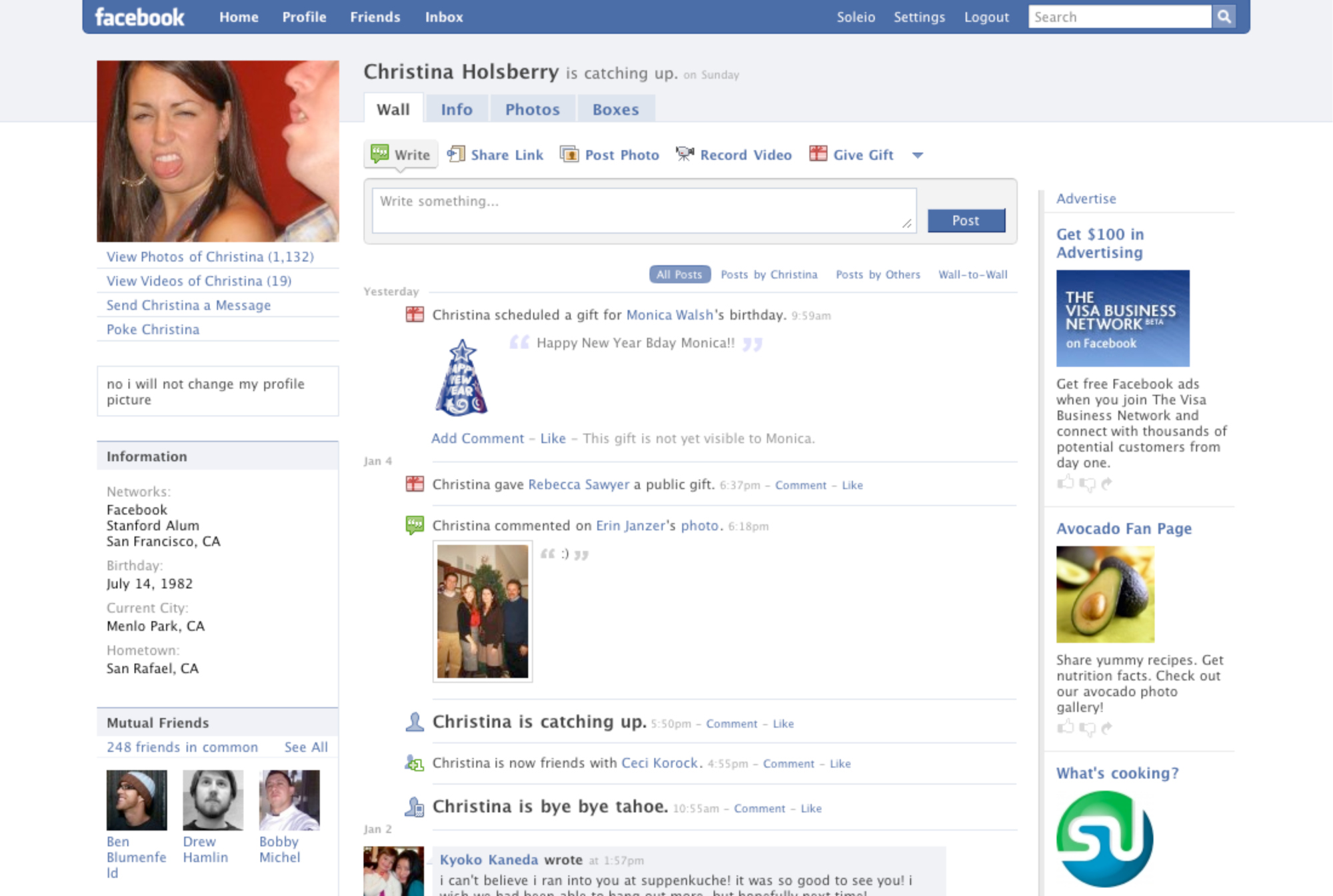
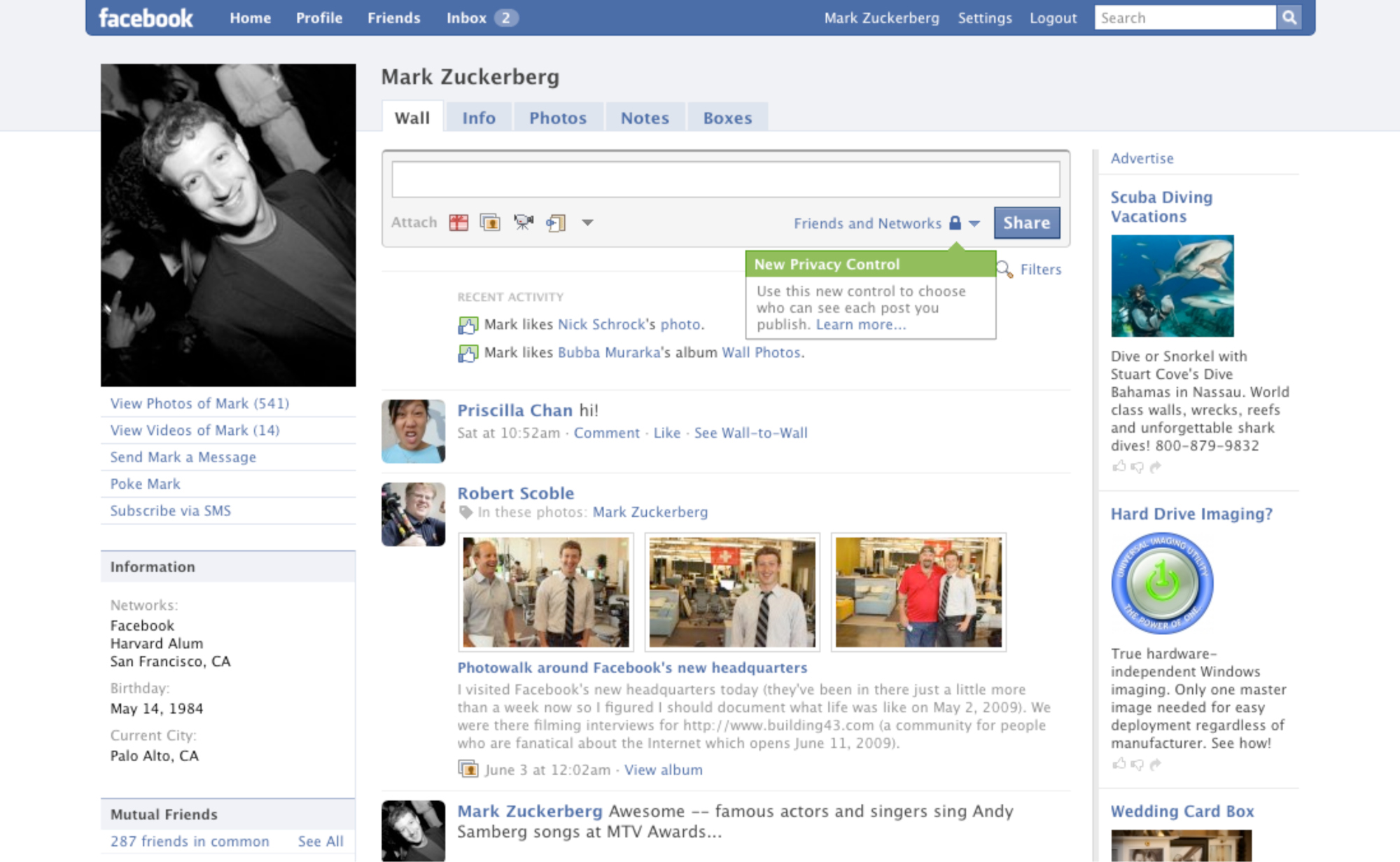
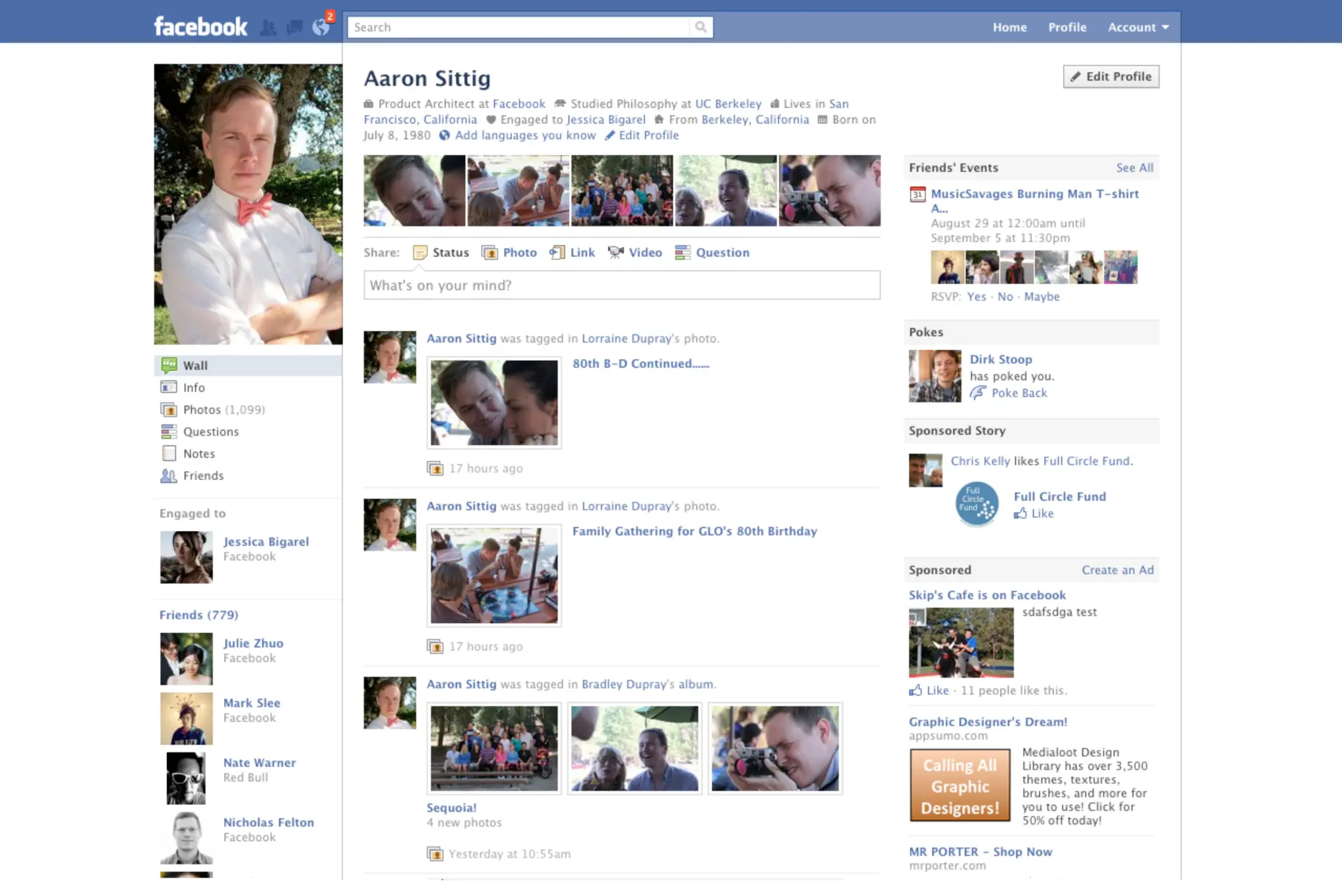
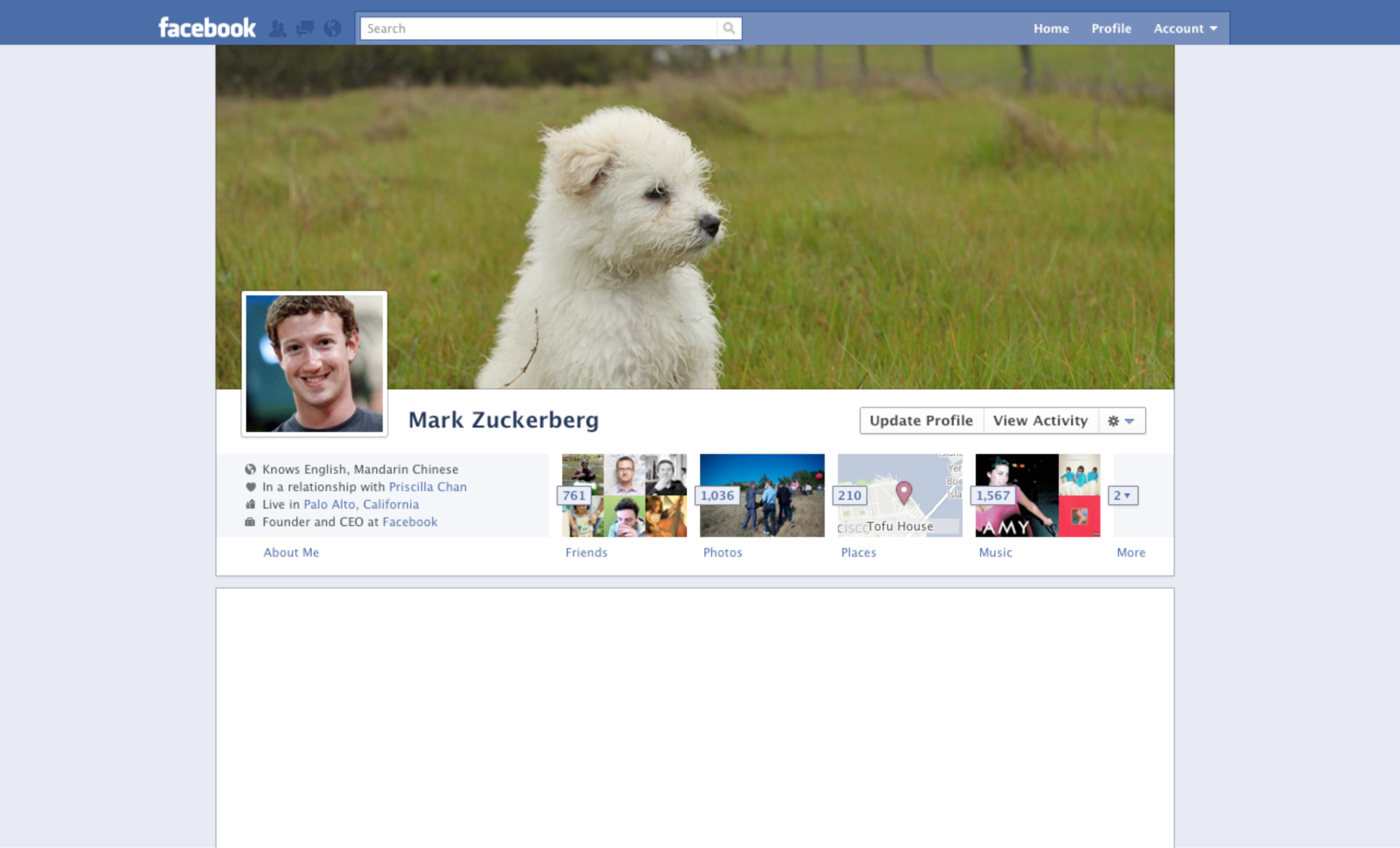
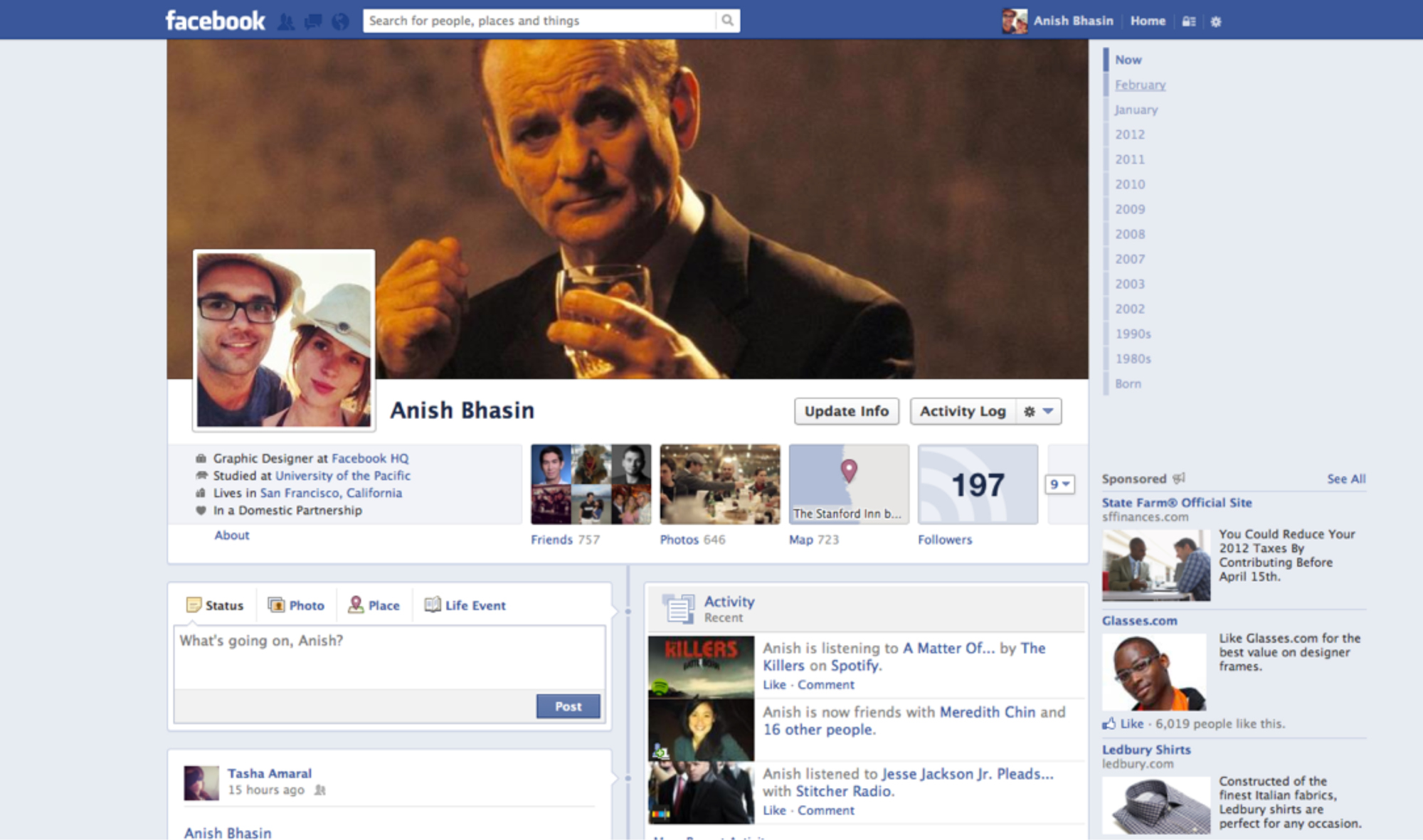
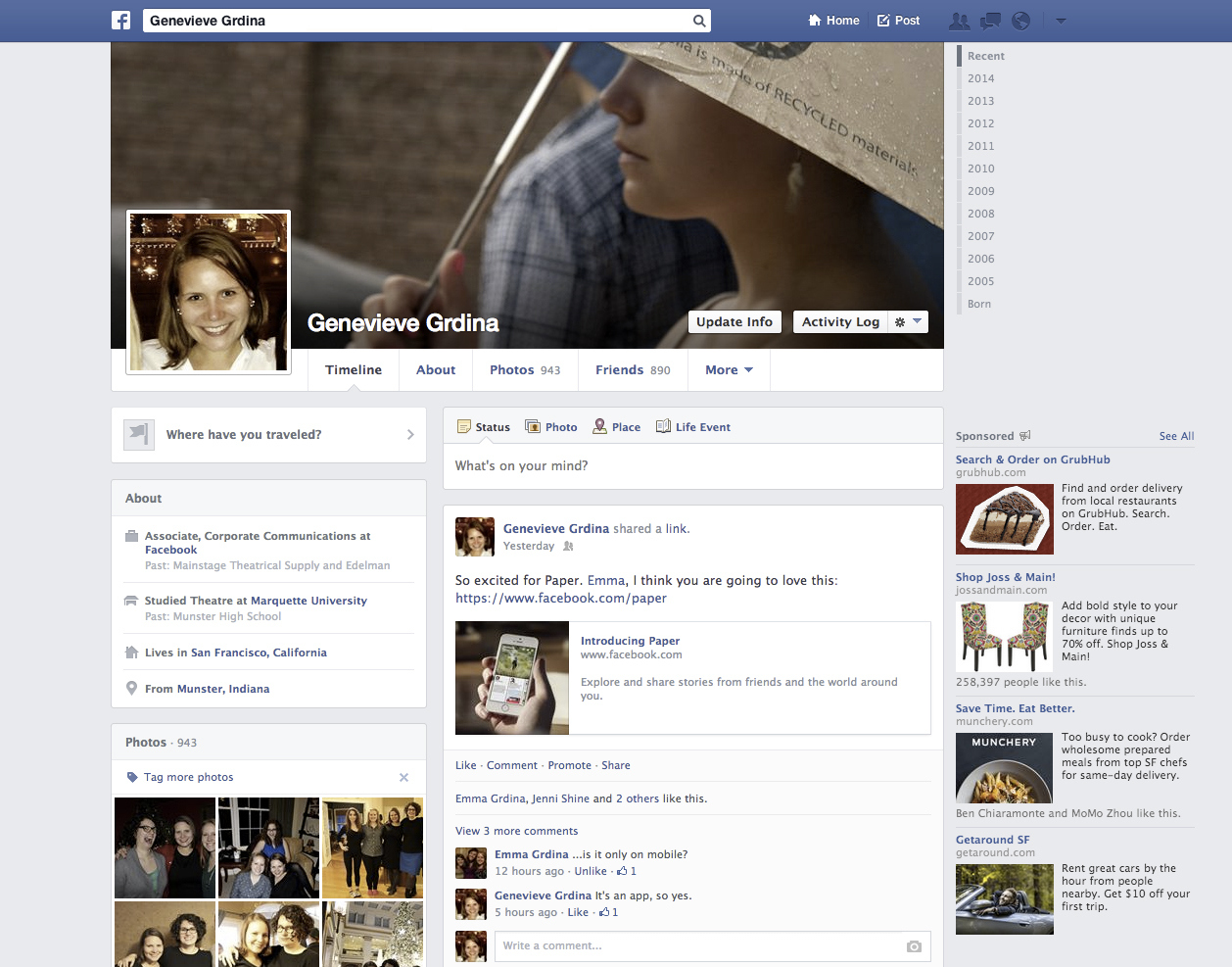
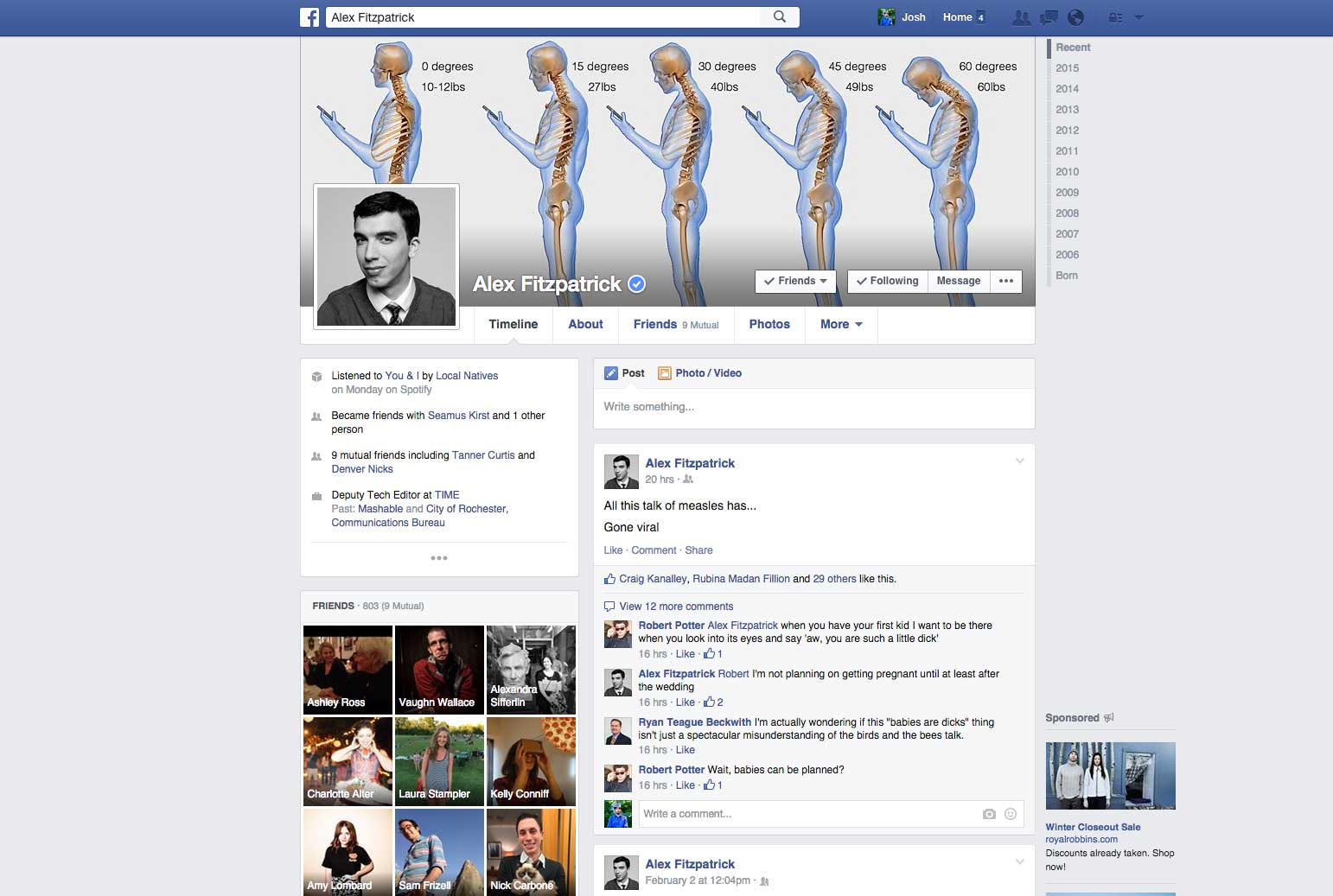
More Must-Reads from TIME
- Caitlin Clark Is TIME's 2024 Athlete of the Year
- Where Trump 2.0 Will Differ From 1.0
- Is Intermittent Fasting Good or Bad for You?
- The 100 Must-Read Books of 2024
- Column: If Optimism Feels Ridiculous Now, Try Hope
- The Future of Climate Action Is Trade Policy
- FX’s Say Nothing Is the Must-Watch Political Thriller of 2024
- Merle Bombardieri Is Helping People Make the Baby Decision
Contact us at letters@time.com